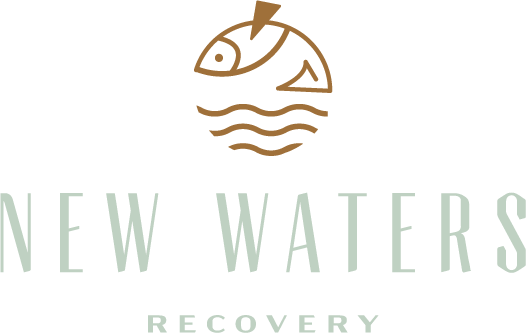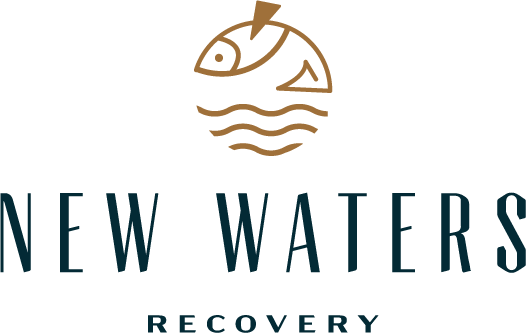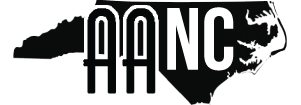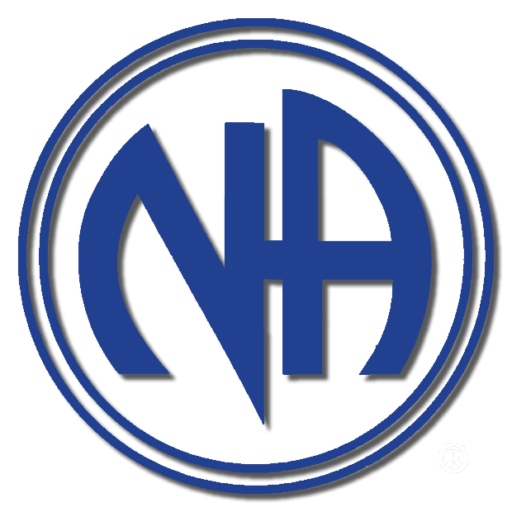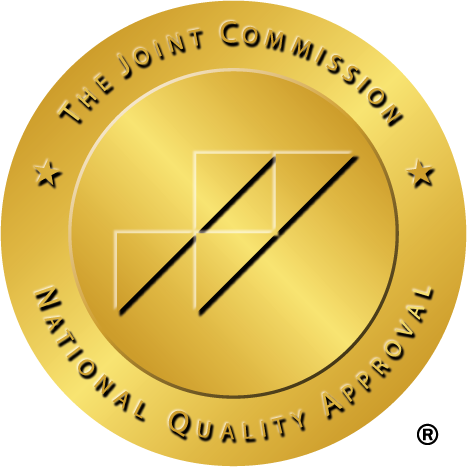Greensboro is the rising star of North Carolina, known for its historic downtown, stunning natural landscapes, and rich cultural attractions. Unfortunately, Greensboro residents are not immune to drug and alcohol struggles like the rest of the country, but there are numerous rehab centers with tailored programs to help.
If you or a loved one is struggling with drug and alcohol addiction, rehab centers in Greensboro, NC, offer a full continuum of care – from detox to ongoing aftercare – to help you reach your recovery goals.
